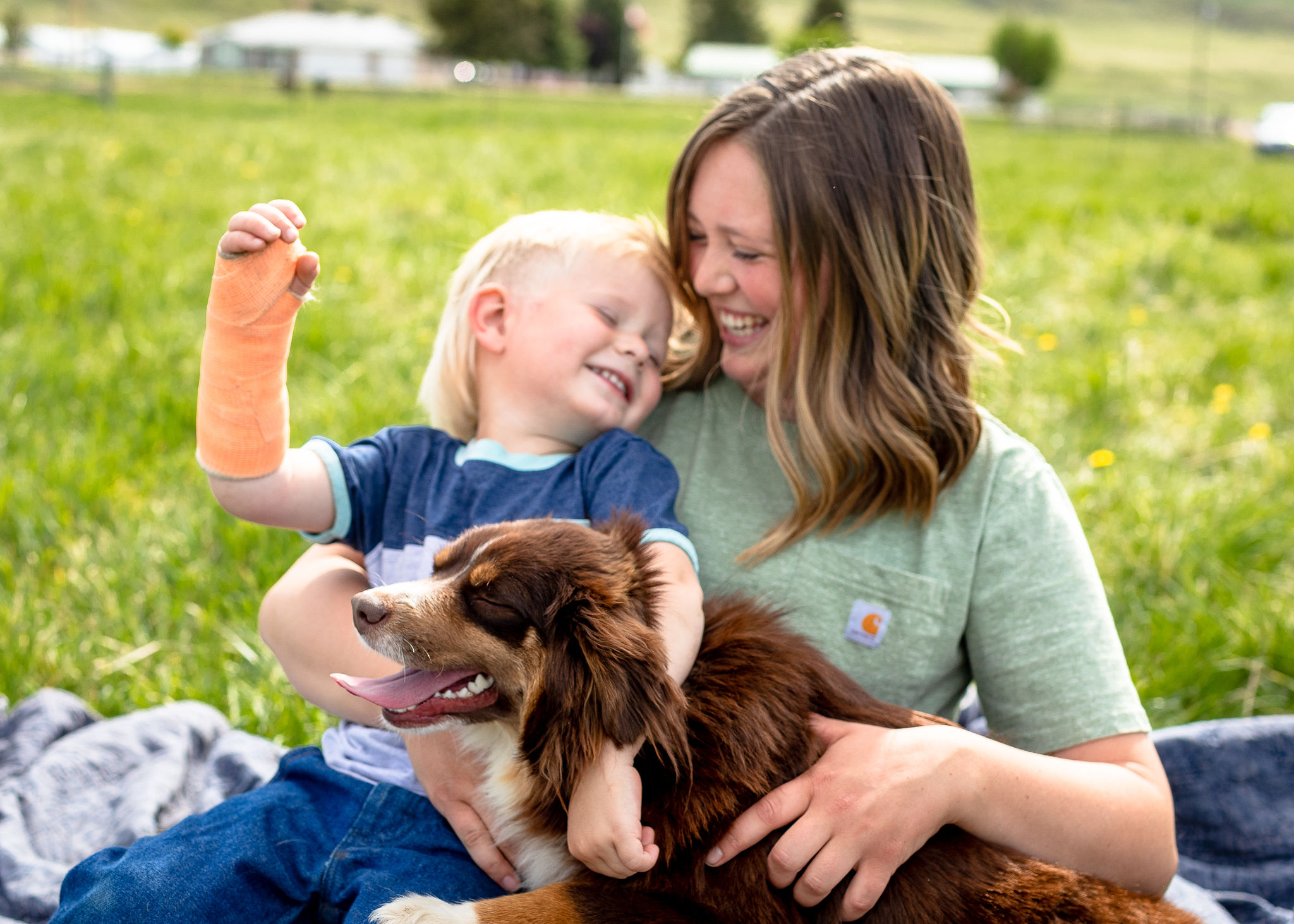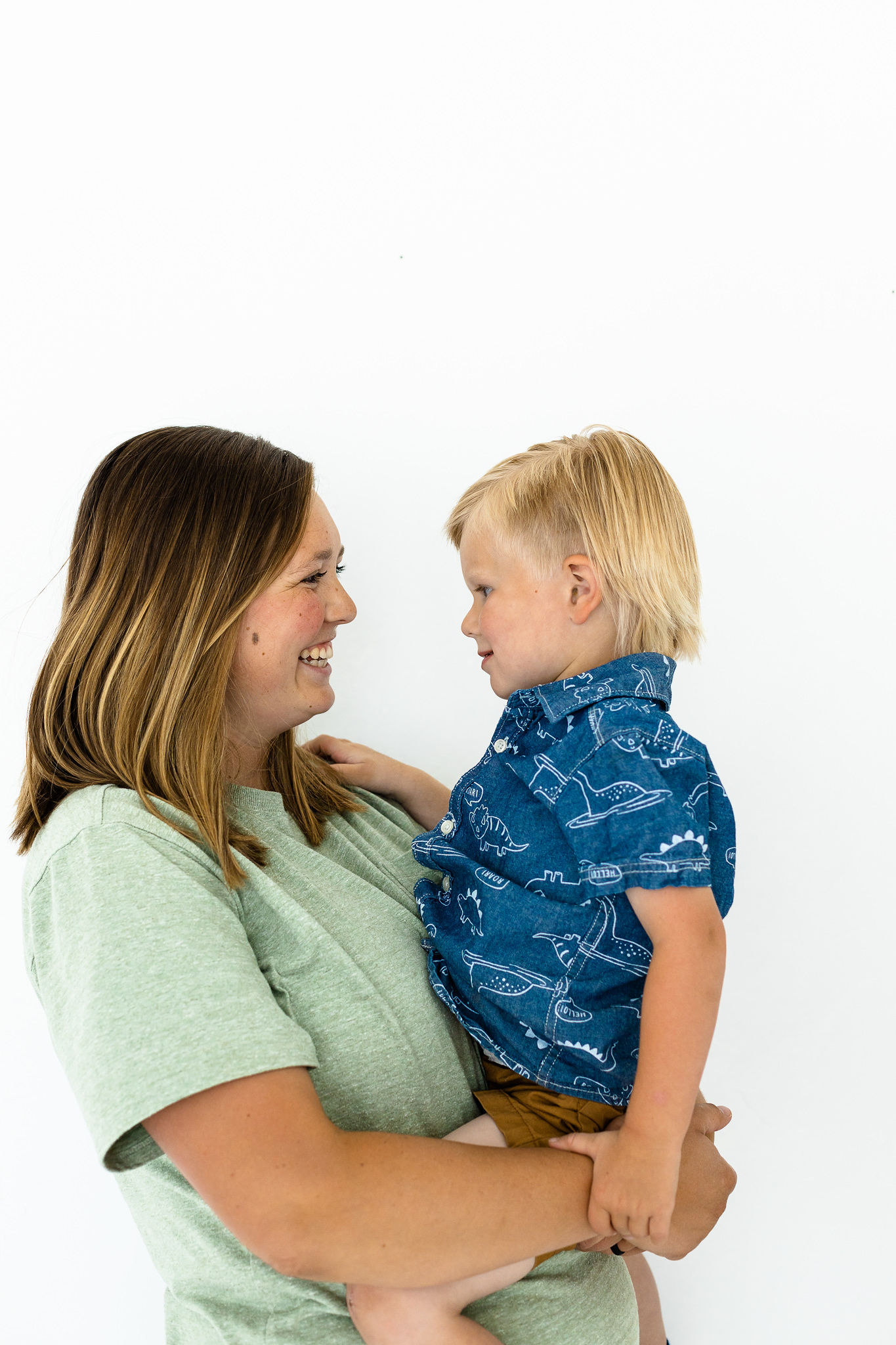12 Principles of Learning and Development

Understanding Learning and Development
Intentionally stepping into your role as your first teacher means that you need to have a basic understanding of early childhood learning and development. These 12 principles lay a strong foundation for understanding what learning and development is happening between 0-8 years old.
12 Principles of Development and Learning
- All the domains of development and learning- physical, social and emotional, and cognitive- are important, and they are closely interrelated. Children’s development and learning in one domain influence and are influenced by what takes place in other domains.
Almost every learning activity has elements of physical, social and emotional, and cognitive learning in its objectives. We need to have an equal focus on all areas to support a well-balanced child.
2. Many aspects of children’s learning and development follow well documented sequences, with later abilities, skills and knowledge building on those already acquired.
This one is pretty self-explanatory. Children will build upon their current skills to do more and more complex things. And we generally know the order of many of these developments. First you learn letters, then words, then sentences. Etc.
3. Development and learning proceed at varying rates from child to child, as well as at uneven rates across different areas of a child’s individual functioning.
Every child is their own unique individual. However they are learning, growing, and developing is unique to them and totally normal and fine. There are some cases where children will need intervention to help them develop a certain skill (such as going to speech). But for the most part your child’s development is fine just the way it is.
4. Development and learning result from a dynamic and continuous interaction of biological maturation and experience.
This means that it is our job to provide the enriching experiences that help our children grow, learn, and develop. We can’t really change biological maturation, but we can change experience.
5. Early experiences have profound effects, both cumulative and delayed, on a child’s development and learning; and optimal periods exist for certain types of development and learning to occur.
Even if you can’t see the progress you are hoping to see, trust that your efforts will pay off. There are ideal times for certain skills and abilities to develop. I have found that following your child’s lead and leaning into their interests is the best way to make sure you are hitting those timelines. I really wouldn’t sweat it too much.
6. Development proceeds toward greater complexity, self-regulation, and symbolic or representational capacities.
7. Children develop best when they have secure, consistent relationships with responsive adults and opportunities for positive relationships with peers.
Your relationship with your child will be the foundation that all their learning and development grows from. Really take the time to nurture that relationship with them in healthy and prosocial ways. Relationships with peers are also essential, finding other children their same age for them to become friends with will be essential to their learning and development.
8. Development and learning occur in and are influenced by multiple social and cultural contexts.
Everything your child learns will be within the lens of their reality and the cultures they are raised in. This is especially important to keep in mind when helping your child make friends, and when they begin school. You will need to have an open mind to help them make sense of new ideas and cultures they come in contact with.
9. Always mentally active in seeking to understand the world around them, children learn in a variety of ways; a wide range of teaching strategies and interactions are effective in supporting all these kinds of learning.
There is not a one size fits all strategy or way of teaching. I am going to fill your toolbox with many different tools. Then it will be your job to determine which ones will work best with your child in different settings.
10. Play is an important vehicle for developing self-regulation as well as for promoting language, cognition, and social competence.
I cannot stress enough how important play is. If you learn only one thing from me, I hope that you truly invest in making space for your child to play deeply and creatively and often.
11. Development and learning advance when children are challenged to achieve at a level just beyond their current mastery, and also when they have many opportunities to practice newly acquired skills.
You want to set up all learning to be challenging, but achievable. This pushes learning and development along, and teaches your child that they can do hard things.
12. Children’s experiences shape their motivation and approaches to learning, such as persistence, initiative, and flexibility; in turn these dispositions and behaviors affect their learning and development.
Experiences matter. I hope that you can begin creating and supporting experiences that will propel your child into higher planes of learning and development.
Want to read more in depth about this topic and how it impacts how children are taught. This article does a great job of highlighting implications.
You May Also Like

5 Ways to Build a Relationship with your Child
February 3, 2022
Communication Skills for Kids
February 3, 2022